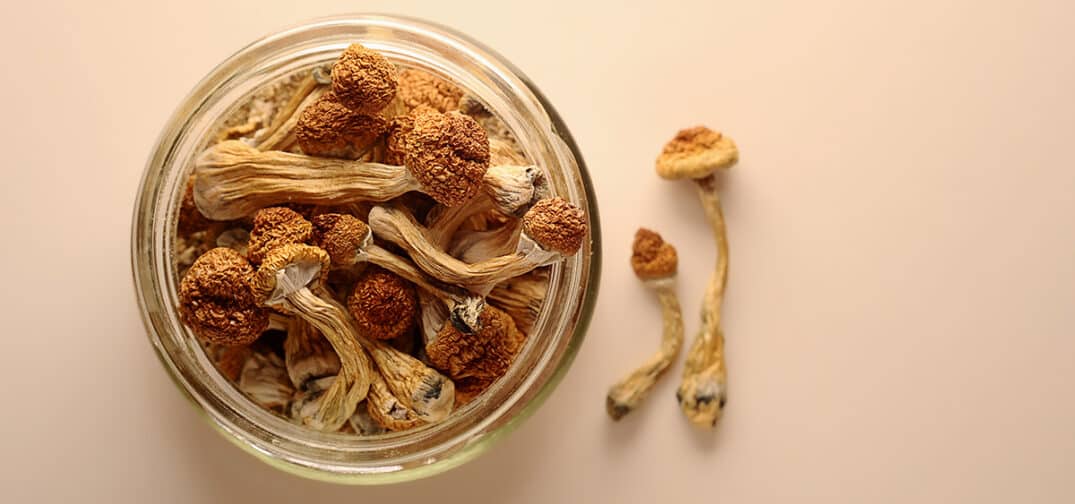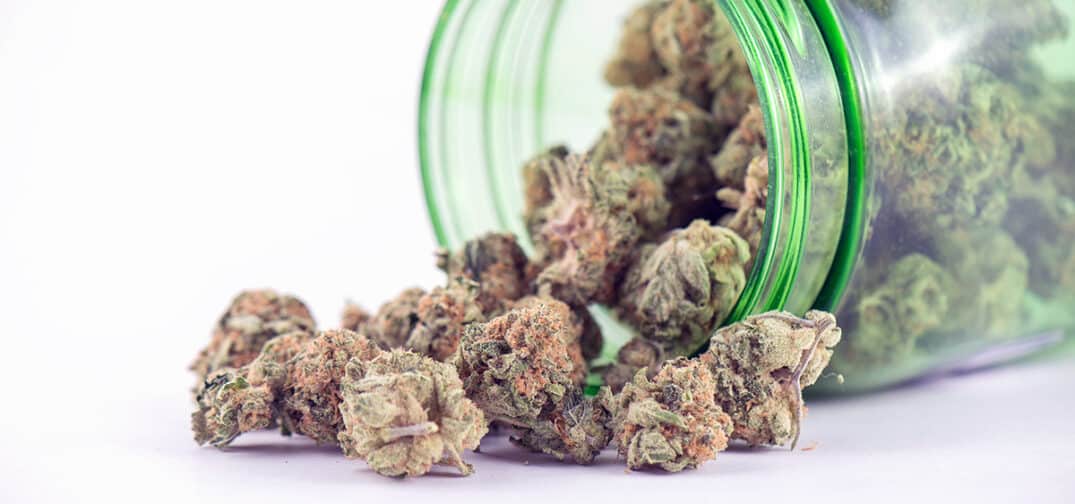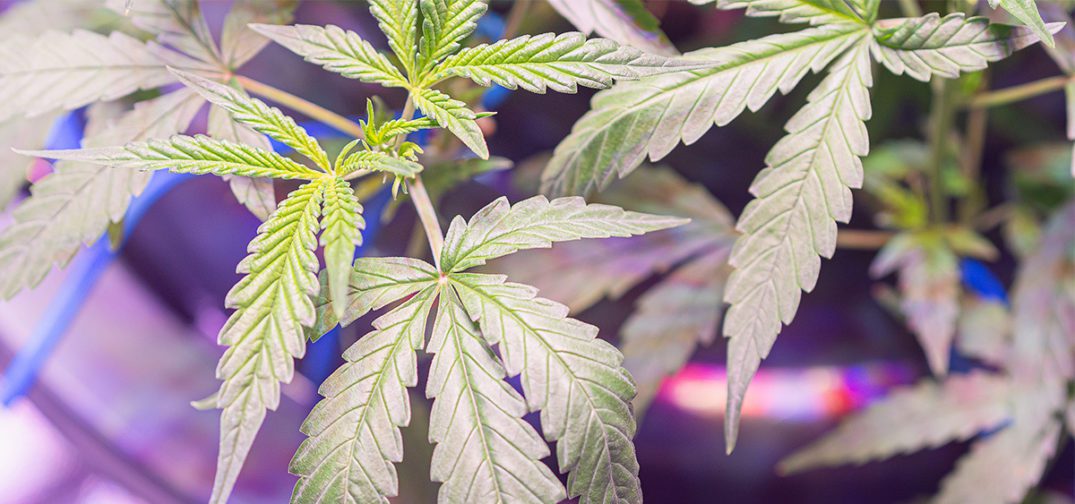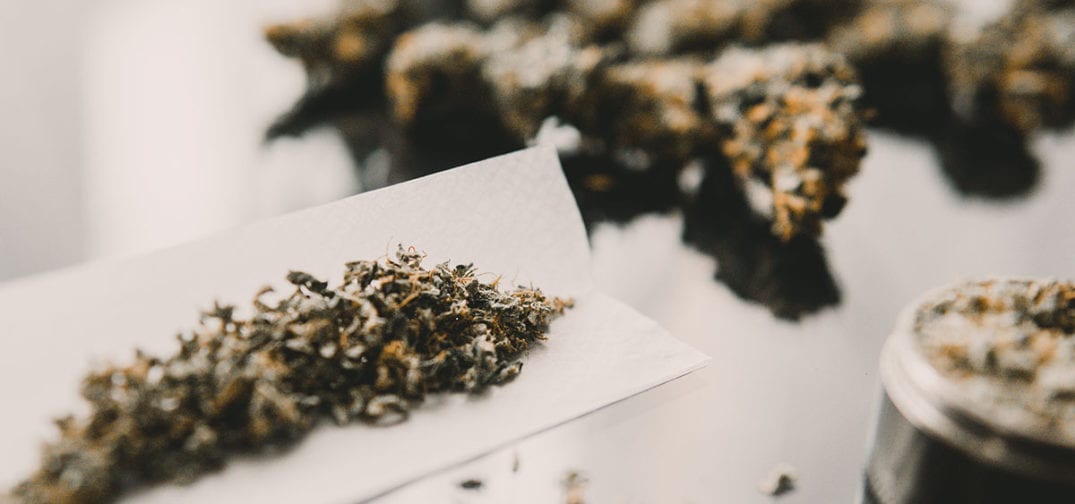A study published last month in the journal Scientific Reports suggests that individuals who use psychedelics tended to have better mental health outcomes during the coronavirus pandemic than non-users.
The researchers concluded that “users of hallucinogenic drugs scored better on various dimensions that were clearly affected by the recent COVID-19 pandemic, like psychopathology, wellbeing, and post-traumatic growth. This was even clearer in the case of regular users of these drugs.”
“From these results, we can suggest that either these drugs exert certain effects on individuals that protect them against some of the distress of life-changing events, or people who use these drugs do so because they have traits that are related to the better management of stressful events. Overall, these findings have public policy implications that should be addressed. Further research should elucidate the role of hallucinogenic drugs in large-scale catastrophes, such as pandemics and wars.” — “Longitudinal and transcultural assessment of the relationship between hallucinogens, well-being, and post-traumatic growth during the COVID-19 pandemic,” Scientific Reports, Sept. 11, 2023
For the study, researchers recruited a sample of 2,971 participants for the baseline assessment, with 1,024 participants at the first follow-up, two months later, and 455 participants at the last follow-up, which occurred six months after the baseline assessment.
To gather the data, the team developed an online survey specifically designed for the study, which was available in Spanish, Portuguese, and English. The survey reached individuals from over 80 countries, due to snowball sampling and online dissemination through various channels, including social media, scientific journals, and community websites.
Study author José Carlos Bouso, the scientific director for the International Center for Ethnobotanical Education, Research, and Service (ICEERS), told PsyPost that the survey was released to the general public and that researchers did not disclose that they were conducting research about psychedelics “to avoid biasing the answers.” The study employed well-established psychometric measures to assess various aspects of mental health and included questions about the use of psychedelic drugs, including MDMA, ayahuasca, psilocybin-containing mushrooms, LSD, peyote, and others.
Those who used psychedelics experienced fewer symptoms across various mental health dimensions, including obsessions or compulsions, depression, hostility, phobic anxiety, paranoid ideation, and psychoticism, and the overall severity of psychological symptoms, as indicated by the General Severity Index, was also lower among the group. Hallucinogenic drug users were also less reliant on information from the media and politicians, which is noteworthy because excessive exposure to pandemic-related news and information has been linked to higher levels of distress.
Bouso said that the study confirmed the researchers’ hypothesis: “participating in structured psychedelic sessions seems to help with the adaptive process in stressful situations and may thus be a protective factor for mental health.”























